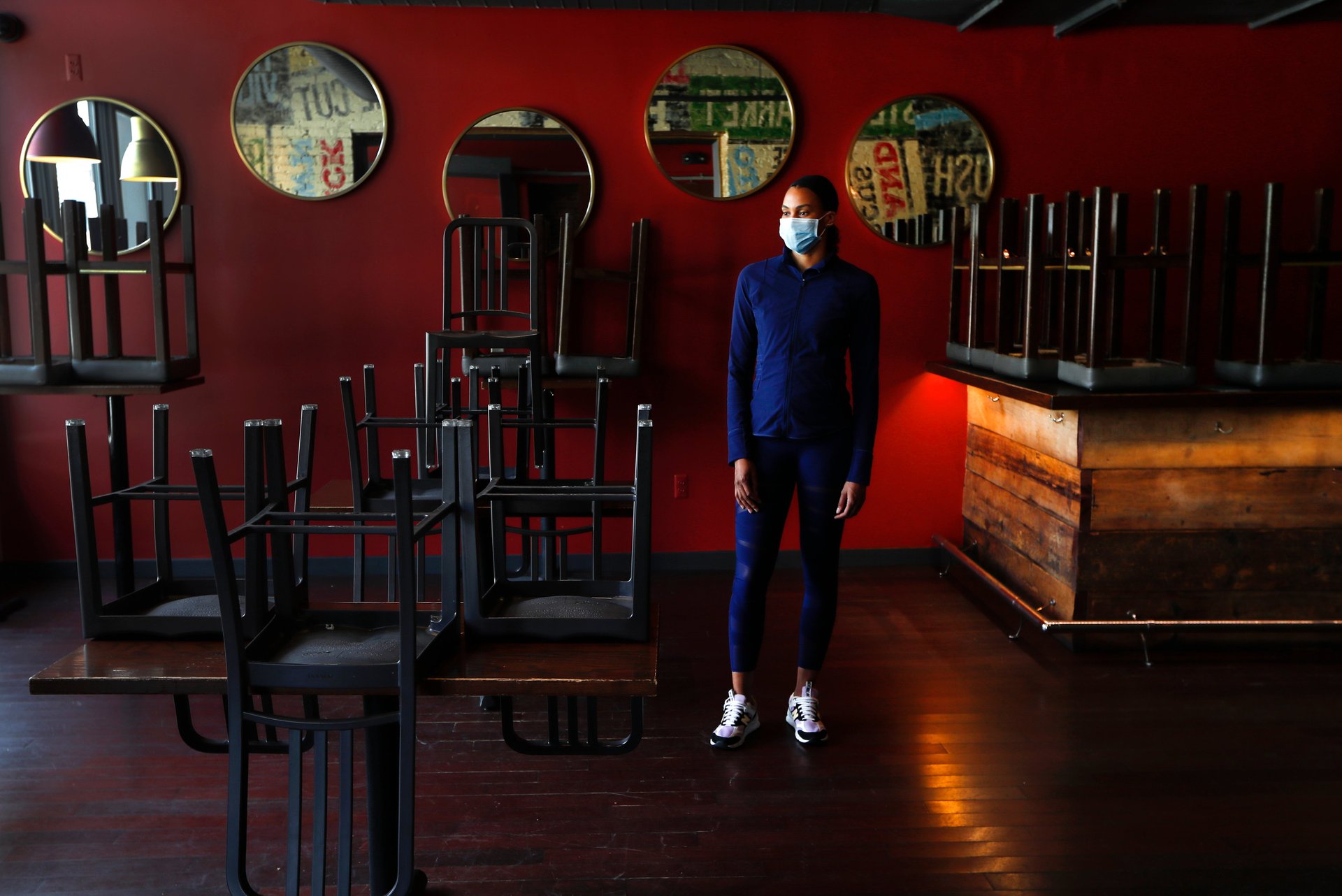Covid-19 has destroyed 41% of Black small businesses
The global coronavirus pandemic has upended business for companies across the US, but it has dealt Black small businesses an especially hard blow, according to a paper published by the National Bureau of Economic Research (NBER).


The global coronavirus pandemic has upended business for companies across the US, but it has dealt Black small businesses an especially hard blow, according to a paper published by the National Bureau of Economic Research (NBER).
The number of African-American business owners fell from 1.1 million in February to 640,000 in April, a 41% decline. By comparison, the overall number of small business owners dropped by 35%.
Black companies are more likely to be in sectors vulnerable to Covid-19-related disruptions—including leisure, hospitality, and retail—and less likely in categories deemed “essential,” such as grocery stores. Prior to the pandemic, Black business owners relied on these hard-hit sectors for about 40% of their revenue, compared with 25% for overall firms, according to a report from consulting firm McKinsey & Company.
Black business owners have also had a harder time navigating the pandemic because they were in a weaker financial position than their White, Asian, and Hispanic counterparts even before stay-at-home orders suspended business operations across the country.
In 2019, more than a third of Black entrepreneurs and small business owners were considered “at risk” according to an April report published by the Federal Reserve Bank of New York. That means that they only met one of three indicators of financial health: profitability, high credit scores, and enough funds to run their business without the need to use personal funds or external financing.
Small Black-owned firms have more trouble getting loans and less cash on hand, according to another report, this one from the Federal Reserve Bank of Atlanta. Researchers there found Black businesses applied for smaller loans, on average, and were twice as likely to be rejected by lenders compared to white-owned businesses. As a result, Black company owners tend to rely on personal credit scores to acquire financing for their operations.
The same report found Black small businesses were more likely to have “medium-risk” or “high-risk” credit ratings.
Black small businesses also tend to have smaller payrolls and total sales. Nearly 70% of them only have one to four employees, and 45% have annual revenues of $100,000 or less.